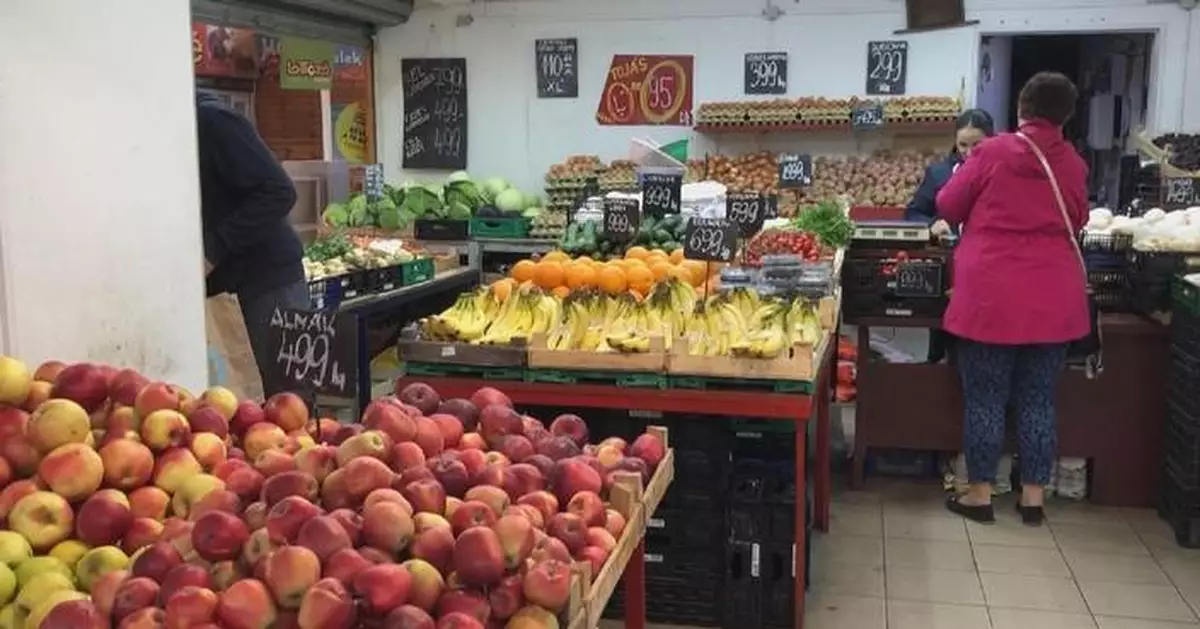Hungary has been facing severe inflation in the past two years, and the high prices of daily necessities have been exerting great pressure on families despite the government's response measures.
Victoria Dajka is a mother of three. She works hard as a copywriter, but she increasingly struggles to put food on the table. For her, every trip to the market is another reminder of how hard things have become.
"It has not been easy to support three children on my own. But this year, it's been harder. Food prices have skyrocketed. I have to count every single cent to make it to the end of the month," said the mother.
Dajka tracks every expense. A simple grocery run is now a game of numbers and hard choices. Dajka and one of her children have thyroid conditions, meaning they require a strict gluten- and dairy-free diet.
"I'm not exaggerating, right now I spend over 2,500 dollars on groceries every month. Two years ago, I spent about 1,600 dollars," she said.
The government has reinstated price caps on basic foods, aiming to ease the burden. The new price caps cover 30 essential items. Retailers can only add a 10-percent markup.
However, for Dajka's family and others, the measures have not helped much. In the past five years, economists say, food prices have increased by 80 percent, and Hungary's year-on-year inflation of 5.7 percent is the highest in the EU.
"The food price increased by 7 percent in the last 12 months -- high. Services, 9 percent in a year -- higher. [For] Middle-income people who have to finance a car, to buy a new computer or pay for the postal services, the telephone, and bank accounts, all have become more expensive. So it's not just food inflation in Hungary, it's a general broad-based inflation," said Bod Peter Akos, an economist and the former governor of Hungary's national bank.
Critics warn that the government price caps may do more harm than good, leading to shortages and squeezing small businesses.
"The particular Hungarian problem is that meanwhile in the last two years, there has been no growth in Hungary, and this year the growth rate is very modest. So the problem is a relatively high inflation and no growth. This makes the ongoing situation even worse," said Akos.

Rocketing inflation places strain on Hungarian households

Rocketing inflation places strain on Hungarian households


















































